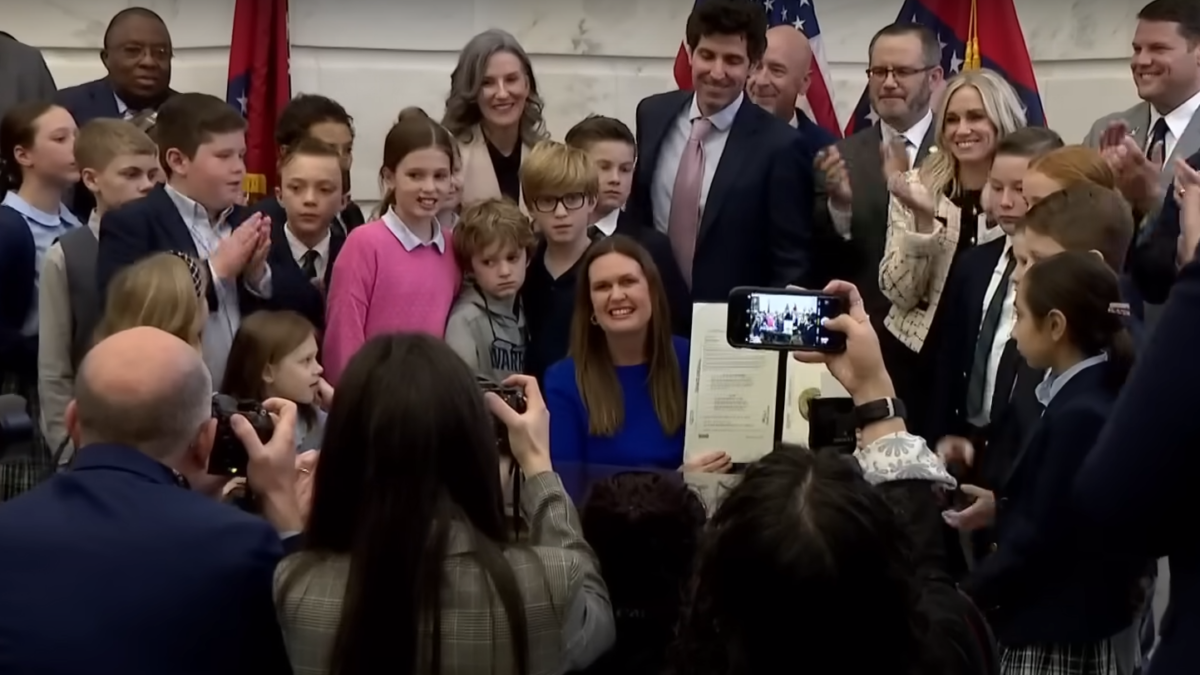
While it’s finally “back-to-school” season, it’s far from a normal one. Colleges have reopened, but many are offering classes either completely online or with a hybrid mixture of online classes with small-scaled in-person classes. Students may be allowed back on campus, but dining halls, libraries, labs, and lecture halls may remain closed. Students have probably been warned that no fraternity or sorority parties or other forms of large crowd gatherings should take place.
Essentially, back-to-school for college students means that instead of quarantining at home with their parents, they are now quarantined at their dorms with their peers.
This lackluster college experience, however, still comes with a surprisingly hefty price tag. According to analysis from MarketWatch.com, rather than giving parents and students a financial break for the lack of a complete college experience, of universities whose endowments place in the top 100, about 35 are keeping their tuition the same as last year, while another 39 — including Ivy League schools such as Harvard and Cornell — are increasing tuition for undergraduate students this upcoming academic year.
Harvard announced this summer that it would offer only online classes for all undergraduate students. It also refused to offer any tuition discount even though its $40.9 billion academic endowment is the largest in the world. Instead, Harvard increased its tuition by 4 percent to a staggering $49,653, increasing the total cost of attendance to $72,391 annually after including additional fees along with room and board.
Cornell also increased its tuition for the fall semester by 3.6 percent, to $58,586. A full year’s cost for attending Cornell is around $74,000, and the school has decided to take up a hybrid model. Cornell’s endowment was at $7.33 billion as of 2019. Besides these well-known private schools, some public universities, such as the University of Washington and Ohio State University, are also on Market Watch’s list of 39 schools that have imposed a tuition raise for the 2020-2021 academic year.
Outrageous Tuition Bills
These colleges insisted the tuition increase had been planned months in advance. They claimed to have lost money from traditional sources of revenue, such as housing and dining, when they sent students away in the spring. It was expected for financial concerns to continue in the fall due to fears of students not returning, as some would take online classes from home, while others may opt for a gap year and return when they can enjoy the full college experience again.
Although the fewer number of students on campus should also reduce operating expenses such as utility costs, these colleges argue their operating costs have increased, due to additional health measures, such as installing Plexiglass, to comply with the U.S. Centers for Disease Control’s guidelines. Administrators at these colleges insist they have to increase tuition to cover additional expenses while preserving their large endowments for rainy days.
Given the ongoing COVID-19 panic, however, several months of lockdown, an economic downturn, and 30 million Americans who are on unemployment, the rainy days have arrived. At a time like this, American families deserve a break from outrageous tuition bills. Not to mention in this internet age, when so much quality educational content can be obtained online for free, no college can justify charging $50,000 to $100,000 a year by solely offering remote learning.
Some Schools Are Doing the Right Thing
Interestingly, it is the universities with much smaller endowments choosing to do the right thing. One example is Hampton University, a historically black college in Hampton, Virginia. The school is giving a 15 percent discount on tuition and fees since it is offering only online learning this fall. The fall tuition for attending Hampton is $24,950 and the school’s endowment is valued at $250 million.
Hampton’s president, Dr. William Harvey, acknowledged that cutting tuition and fees will be a financial burden for the school, but he recognized that at this difficult time, paying tuition and fees “is also a financial burden for parents and others.” Hopefully, more college administrators will be as thoughtful as Harvey and do the right thing for American families.
Sometimes, doing what’s right can even be financially rewarding. After Hampton University announced its tuition cut, it received a $30 million donation from MacKenzie Scott, the ex-wife of Amazon’s Jeff Bezos, the single largest donation in the school’s history.
According to Jack Hough of Barron’s, in the past decade, “college costs have grown by 45 percent, double the inflation rates.” At the beginning of 2020, 45 million Americans collectively owed $1.6 trillion in student debt. Student debt is the second-largest consumer debt, right behind mortgage debt, with an average student loan for the class 2018 of $32,731.
Only 41 percent of college students graduate on time with a bachelor’s degree in four years. Less than 50 percent of students graduate in six years. Even among those who graduated on time, students in some majors like social studies earn far less than the outstanding balance of their student loans.
Are Parents and Students Waking Up?
If colleges think they can get away with pushing tuition higher even in the middle of a pandemic, they are in for a rude awakening. Dr. Aswath Damodaran, a finance professor of New York University, told Barron’s that one good outcome of the Wuhan virus is that for the first time, “parents are seeing their kids at home and recognizing how little substance there is behind so many university classes.”
Some campuses today are the most illiberal places in the United States. Rather than teaching students knowledge and helping them develop critical and independent thinking, American youth are being indoctrinated with Marxist or neo-Marxist ideology, anti-America rhetoric, critical race theory, political correctness, systematic racism and oppression, self-imposed victimhood, and other ideas popularized by the radical left. The recent toppling of statues of America’s founders and abolitionists is only a manifestation of both the ignorance and the radicalization of American youth.
Lawrence W. Reed, president emeritus at the Foundation for Economic Education, wrote that the lunacy of our colleges these days would make Karl Marx proud. “Millions of American students today are stewed in Marxist ideas, and we’re financing it,” Reed lamented. “We’re graduating legions of them who can tell you next to nothing about Adam Smith or Milton Friedman but can quote Karl Marx chapter and verse.”
Nationally syndicated talk-show host Dennis Prager warned parents: “When you send your child to college, you are not just playing Russian roulette with their values. You are playing Russian roulette with their character and the way they will treat you.”
Realize that Other Options Exist
It’s time for American parents to rethink whether they should continue to surrender large sums of their hard-earned money or take on enormous debt to finance the leftist indoctrination of their children. Damodaran predicts the coronavirus panic will disrupt higher education’s existing business model and some colleges may not survive because enough parents and students may decide to “re-examine whether an education requires a four-year degree.”
Of course, a college education is not going to completely go away because it works better for some majors than others and a few schools actually offer a valuable education. More people, however, have realized that not everyone needs to go to college to have a successful and fulfilling life.
For those who aspire to advanced education that could lead them to better careers, the market has provided some alternatives, such as Google Career Certificates, which offer six-month courses on skills that are in high demand, such as data analysis and project management, for as little as $49 a month. Google and 50 other large American employers, including Walmart, Intel, and Bank of America, are committed to treating these certificates as the equivalent of four-year degrees in their hiring process.
For far too long, Americans have been conditioned into believing that getting a college degree is their only path to success and economic mobility. Change in American higher education will only take place when all of us — parents, students, donors, and taxpayers — demand it.
The Wuhan flu crisis has presented us with both a rare opportunity and a sense of urgency. If America falls into socialism someday because of the miseducation of our young people, we have no one else to blame but ourselves. As Reed notes, if this grim future comes to pass, history will say Americans “paid for their own destruction with tax and tuition dollars. And they thought it was education.”









